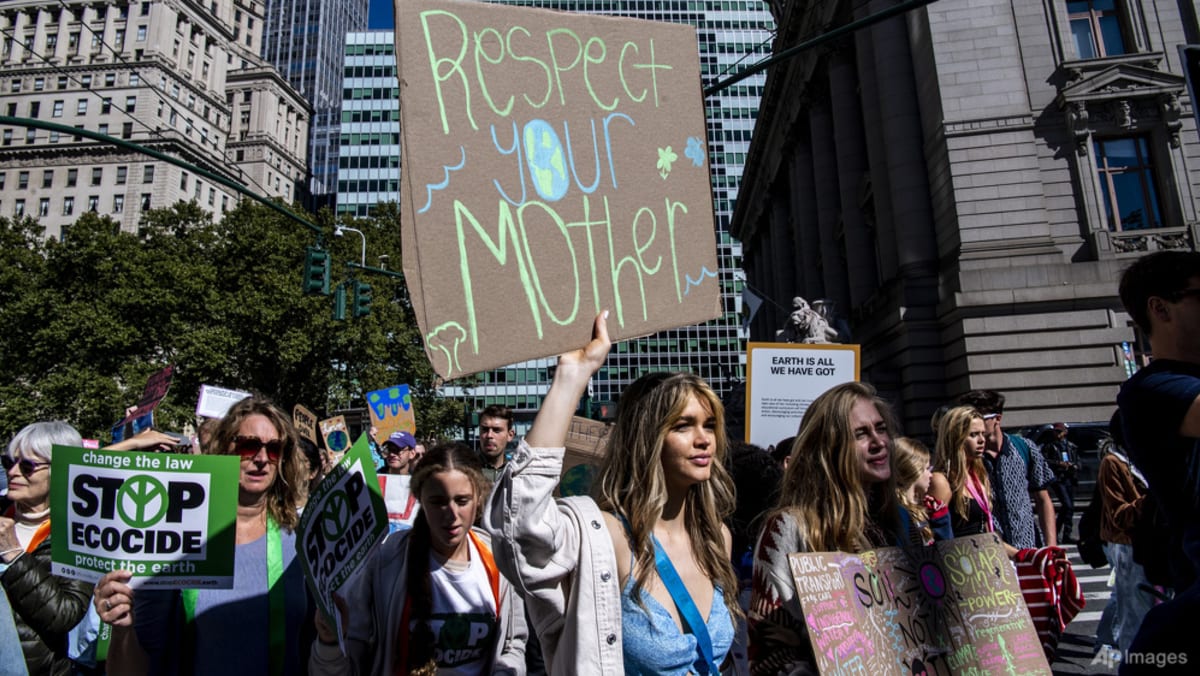NO PERFECT TIME TO BE A HUMAN BABY
Of course, people can have plenty of good reasons not to reproduce. And conscientious parents can’t deny fearing the impact their children could have on the planet, or vice versa. Polls and studies have shown climate change is a top factor in the decision not to have children.
As my Bloomberg Opinion colleague Lara Williams has written, babies born today could see unimaginable economic and physical destruction in their lifetimes if we don’t get global heating under control.
Climate scientists often gear studies toward finding out how the world will look in 2100, when our environment could be in full boil. That feels unimaginably distant to me, a person born in the 20th century. But if my daughter, who was born in 2013, lives as long as my grandmother, who died at 96, then she will experience every bit of it.
This can seem like a terrifying prospect – except for the fact that my daughter is already far better off than a child born in, say, 1913, when the Spanish Flu, Great Depression, World Wars I and II, the Holocaust and a Cold War were in store.
Or 1313, when the Black Plague was around the corner. Or 513, not long before what historians agree was the worst year to be alive. Or 30,013 BCE, when just turning 30 was an accomplishment.
There has never been a perfect time to be a human baby, in other words. And yet we keep making them. That’s partially down to base stuff like biology and ego, but optimism plays a big role.
